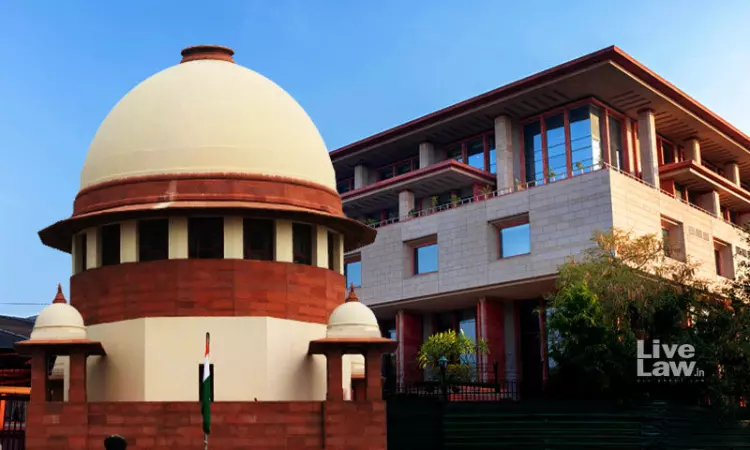Rule Restricting Judicial Censure Of Police Officers Withdrawn, Delhi High Court Tells Supreme Court
Amisha Shrivastava
26 Sept 2024 7:38 PM IST

Next Story
26 Sept 2024 7:38 PM IST
The Supreme Court was informed yesterday (September 25) that the Delhi High Court has withdrawn its Rule under the “Rules for Practice in the Trial of Criminal Cases,” which stated that it is undesirable for courts to censure police officers unless strictly relevant to the case.“We have withdrawn the Rule”, Additional Solicitor General SV Raju told the Court. The Court has...
